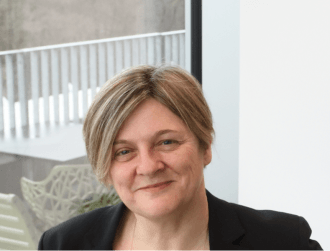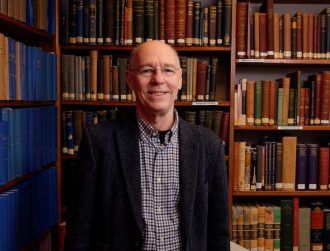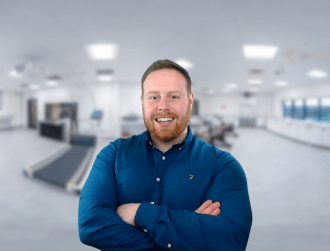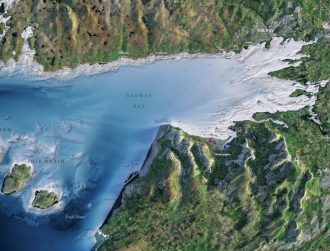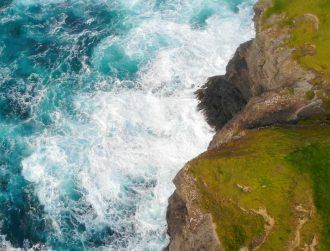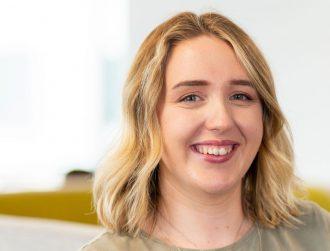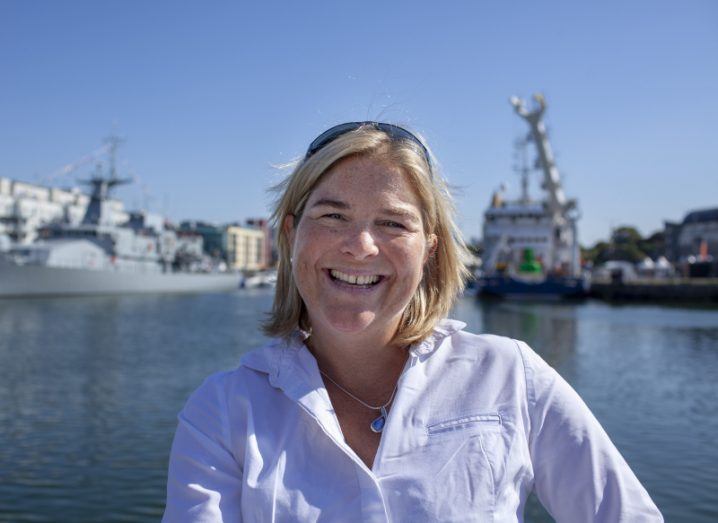
Image: Vera Quinlan
The Marine Institute’s Vera Quinlan explains her work as a marine scientist on Ireland’s seabed mapping project and why protecting the ocean is so important.
Ireland’s marine territory is more than 220m acres, about 10 times the size of the island of Ireland. With such a vast and vital ecosystem under our ownership and protection, it’s important to gain a deep understanding of its health and biodiversity.
The Marine Institute is the state agency responsible for marine research, technology development and innovation in Ireland.
As part of their research, the institute has teamed up with the Geological Survey of Ireland to map Ireland’s coastal seabed. The Integrated Mapping for the Sustainable Development of Ireland’s Marine Resource (INFOMAR) project has been running since 2006 and has entered its final phase.
Last month, the INFOMAR team began releasing detailed maps of Ireland’s coastal seabed to highlight the project work. The Blue Scale Map Series will include a total of 18 maps.
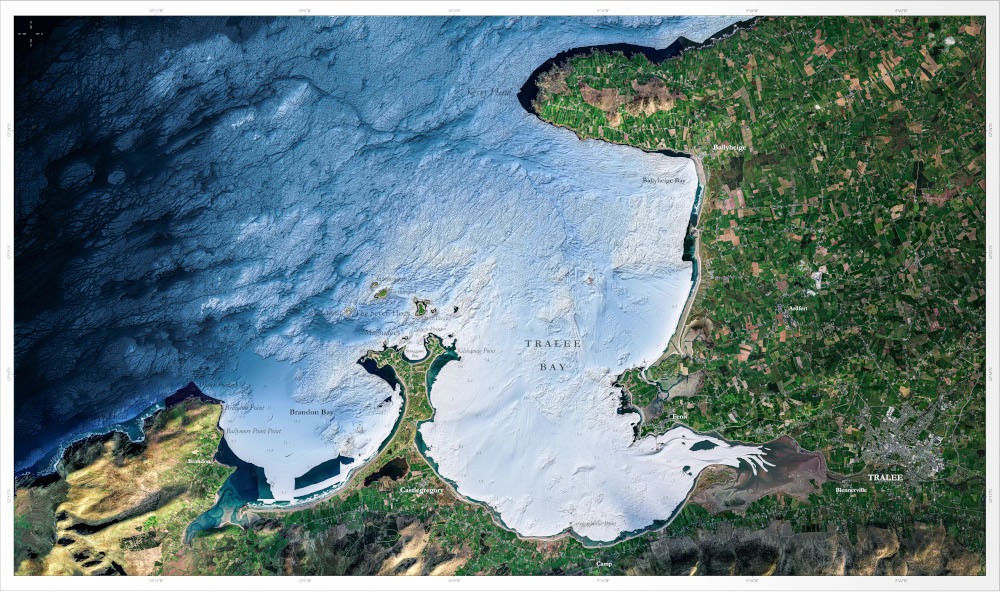
Blue Scale map of Tralee Bay. Image: INFOMAR
Vera Quinlan is a marine scientist and hydrographer who works on the INFOMAR project. She has a BSc in marine science and hydrography from Liverpool John Moores University and an MSc in coastal zone management from Ulster University.
She began her career with deep-water 3D seismic research exploration. In 2006, she came to work at the Marine Institute in Galway.
‘Knowledge of the ocean ecosystem is crucial to both protect and benefit from our ocean’s resources’
Tell us about your current project.
Alongside our project partners at the Geological Survey of Ireland, we have undertaken one of the largest mapping projects in the world, INFOMAR, which is funded by the Department of the Environment, Climate and Communications.
The aim is to map Ireland’s seabed and deliver a baseline bathymetry [measurement of water depth] dataset for the future management of Ireland’s marine resource.
You can find me offshore as an online surveyor or data processor on one of the Marine Institute-run vessels such as the RV Tom Crean or Celtic Explorer.
In the office, I am concerned with managing, analysing and processing bathymetric multibeam datasets arising from the INFOMAR project.
I also liaise and consult on equipment upgrades and tenders. In addition, I am involved with survey and data quality.
In your opinion, why is your work important?
If we don’t map and explore our oceans, we can’t understand the possibilities of our resources. By filling the gaps, we build a better understanding of our marine environment and how to protect it.
Knowledge of the ocean habitats and ecosystem is crucial to both protect and benefit from our ocean’s resources.
Our future is tied explicitly to the health of our oceans.
What inspired you to work in this field?
I was an avid fan of Jack Cousteau and his underwater documentaries from a young age. This fuelled my initial interest.
From there, I developed a deep love and interest in the oceans of our planet while sailing and snorkelling with my parents. This combined with a love of geography, maps and travel led me to study marine science and hydrography at Liverpool.
What are some of the biggest challenges or misconceptions you face in this field of work?
One common misconception is that we have already fully mapped the ocean. In reality, only a small fraction (one fifth of the ocean floor) has been accurately mapped in detail.
Large areas, particularly in the deep ocean, remain poorly mapped or completely unmapped and unexplored.
It is difficult to protect what we don’t know or understand. Only about 7pc of the world’s oceans are currently designated as marine protected areas (MPAs).
Do you think public engagement with science has changed in recent years?
Public engagement with science has evolved in recent years, with events like the Covid-19 pandemic driving notable changes.
The pandemic highlighted the role of scientific expertise in addressing global challenges. Trust in scientific institutions, researchers and experts became a critical factor in public decision-making.
There is now a greater recognition of the importance of clear communication, trust in experts and the role of science in addressing global challenges from climate change to improving the health of our oceans.
10 things you need to know direct to your inbox every weekday. Sign up for the Daily Brief, Silicon Republic’s digest of essential sci-tech news.

